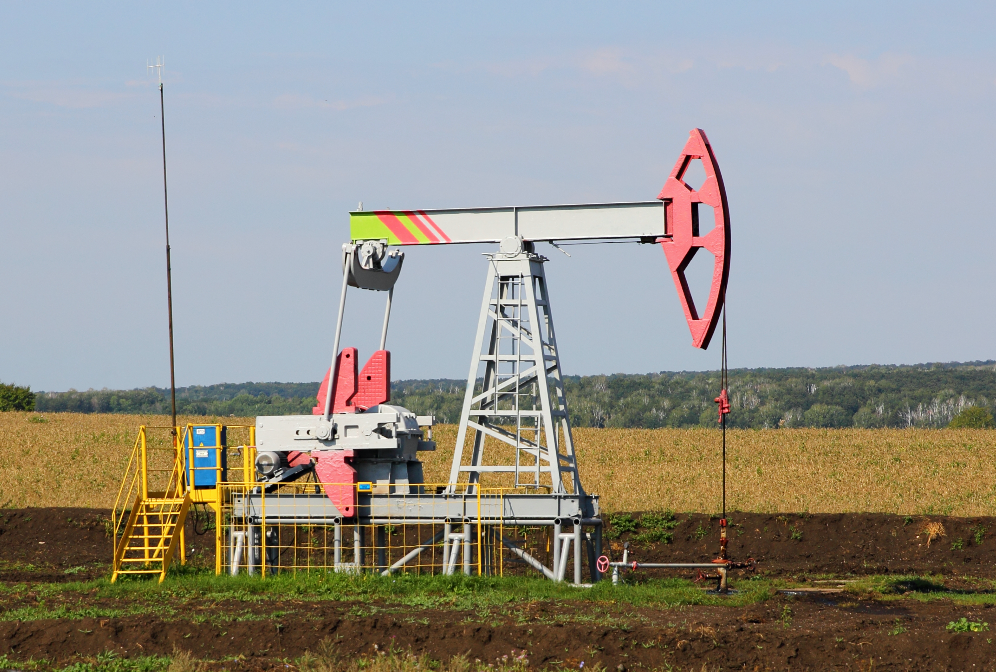In recent months, several incidents have hit the refining sector in South Africa. According to Citac, this is expected to affect production capacity by 43%, reduce storage levels and push the country to rely more on imports of petroleum products.
In South Africa, up to 43% of oil refining capacity could be lost by 2022. Bloomberg reported, citing Citac, a downstream consulting firm in Africa.
This 43% represents the share of the oil companies Glencore and Engen in the total refining capacity of the country. It should be remembered that the two entities have been the most affected by the fires and technical problems within their respective refineries in recent months.
The Glencore-owned plant is located in Cape Town and is operated by one of its subsidiaries called Astron Energy. It processes 100,000 barrels per day of crude. As for Engen, its refinery in Durban, which processes 120,000 barrels of oil every day, suffered a major fire last December.
The explosion left several people injured and the damage has still not been repaired. According to the Citac study, the reassessment of the operation of refineries in South Africa, whose activities have been severely affected by the Covid-19 pandemic, should also help erode their supply of petroleum products.
Added to this is the upcoming establishment of a national policy on clean energy, which could increase the amount needed for modernization of equipment. South Africa’s diesel imports, at 200,000 tonnes per month, are expected to increase over the next two years, according to S&P Global.
Moreover, this policy, like everywhere else, should signal the beginning of the end for the use of fossil fuels in the country. Recall that the Rainbow Nation has six refineries, four of which process crude oil and two, synthetic fuel.
Source Ecofin Agency






























